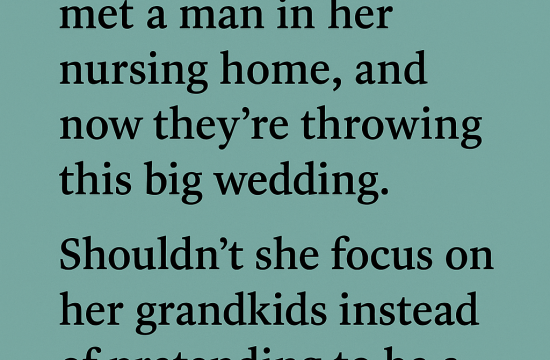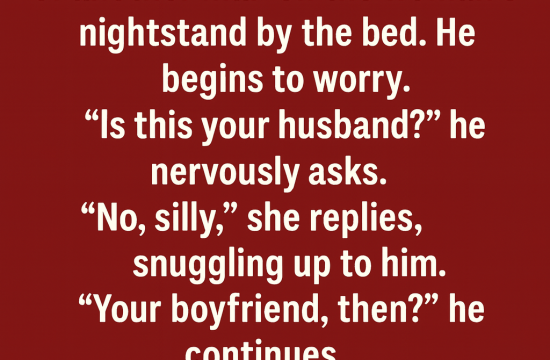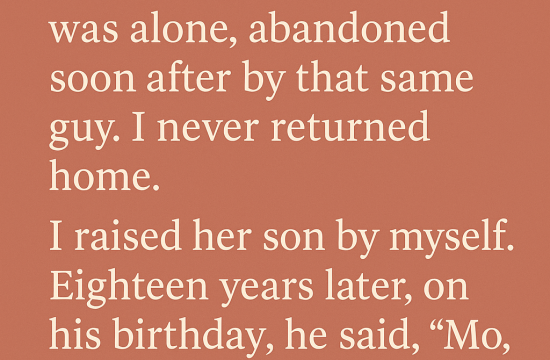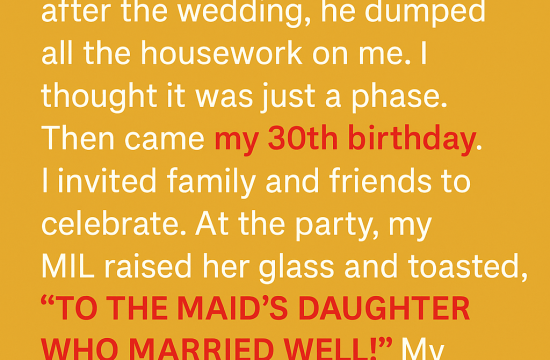In blended families, conflicts often arise over lifestyle choices, but when Nadia enforced her strict vegan rules without room for dialogue, her approach alienated her 15-year-old stepdaughter and triggered a household crisis.
From the start, Nadia insisted that everyone, including her husband’s daughter, follow the family’s plant-based diet without exception.
“We’re vegan in our house,” she told the teen bluntly. “If you don’t like it, stay at your mom’s.”
The girl’s request for dietary freedom—just the occasional meal or snack that didn’t conform to Nadia’s standards—was dismissed out of hand. Rather than exploring middle ground, Nadia reinforced her rules like a decree, creating simmering resentment.
Her husband, caught in the middle, chose silence more often than not. His quiet presence during these arguments sent an unintended message—that his daughter’s frustration didn’t matter.
Then came the breaking point.
One evening, after another heated exchange, the stepdaughter brought home a store-bought chocolate cake. Unknown to Nadia, the cake contained peanuts—an ingredient deadly to Nadia’s seven-year-old son, who had a severe allergy. When the boy had a reaction and Nadia rushed to administer an EpiPen, panic turned quickly to fury.
“She gave it to him on purpose to teach us a lesson,” Nadia told her husband, shaking with rage. She demanded the girl be sent back to her mother’s house indefinitely.
But her husband hesitated. Though he was shaken by the incident, he wasn’t sure it had been intentional. “I don’t think she understood the severity,” he said. “She’s angry. She’s 15. But I don’t think she wanted to hurt anyone.”
Nadia wouldn’t hear it. In her view, her rules had been ignored, her son endangered, and the offender was to blame—period.
What she didn’t acknowledge was how much hurt had been building in that teenage girl: the constant reminders that she wasn’t fully welcome, the subtle favoritism, the lack of a seat at the family table—both literally and emotionally.
Rather than reflect on how her inflexible parenting had fueled the tension, Nadia doubled down.
“Our house, our rules,” she repeated coldly.
Her stepdaughter left the next day, slamming the door behind her—not out of cruelty, but out of exhaustion. She didn’t feel like she belonged. She didn’t feel heard.
What could have been a turning point—a moment of listening, of rebuilding trust, of acknowledging hurt—became yet another fracture in an already fragile home.
Yes, her son’s safety mattered. But in refusing to see her stepdaughter as more than just a challenge to her authority, Nadia failed to recognize the emotional toll of exclusion and authoritarian control.
Now, the family sits in silence. A teenager gone. A husband torn. A mother convinced she did the right thing. And a little boy who may one day ask why his sister never comes around anymore.
What would you have done?











